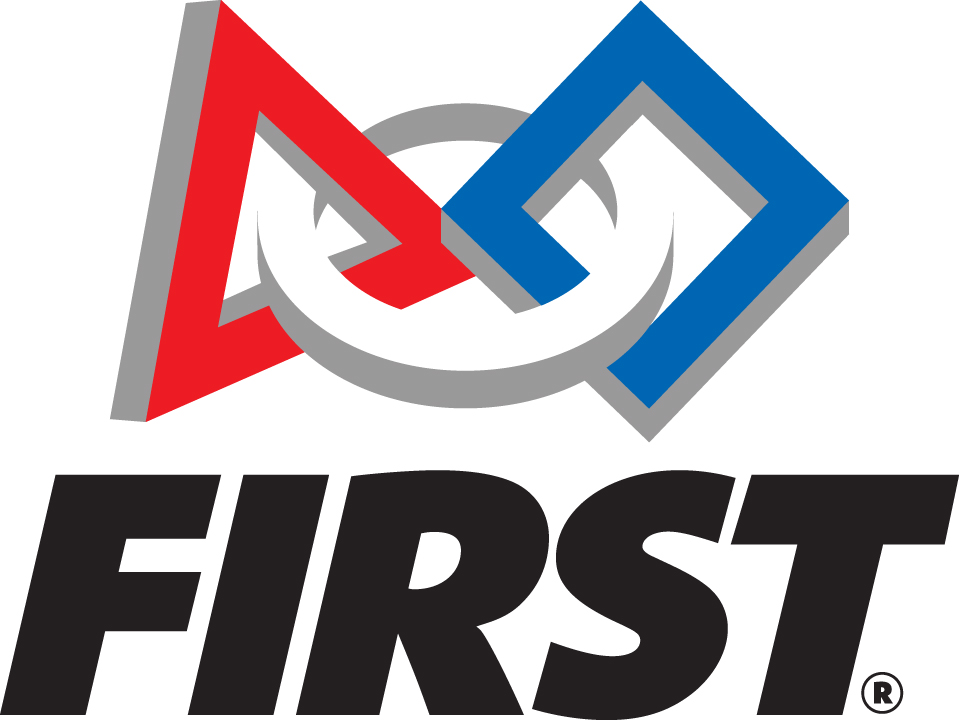This is a love note – a love note to education, including the educators, principals and administrators who make it possible. These individuals are working hard to provide students with education that will help them face a rapidly-changing world, and they deserve all the recognition and support we can give them for everything they do.
One of my favorite quotes is one by hockey great Wayne Gretsky: “I skate to where the puck is going to be, not where it has been.” Despite the blood, sweat and tears our educators are pouring into our children, the system that they function within needs an overhaul. You don’t have to be a rocket scientist to realize that our education system is not aimed far enough ahead to properly boost students toward success. Instead of thinking four years down the line, we must think 15 or 20 years ahead, and consider what those future economies will demand of today’s youth.
We are making progress, but to focus on STEM, for example, is not enough. I believe in a concept that I call uberSTEM: that in order to thrive in a complex economy, students need to master their STEM disciplines but also know who they are as people. Which values do they deem important – ethics? Humility? Teamwork? Students must understand their own guiding principles in order to understand the society in which they function, and this is an added layer within uberSTEM; it’s critical that tomorrow’s professionals have both knowledge of the laws of the universe and an understanding of self and society.
Over the next several decades, the changes to our economy will be stunning. Artificial intelligence and technology are taking over more professional roles previously executed by humans, so more than ever, our students will have lives and careers that demand that they maintain their ability to do “uniquely-human” things. Machines will continue to take over the tasks we humans once did. Not long ago, physicians relied on memory to avoid bad drug combinations and lawyers poured over their leather-bound volumes and wracked their brains to find legal precedents. Engineers used slide rules and scientists wrote data into lab notebooks. I see this even in my own life: my understanding of physics and modeling remains important within my career as an engineer, but nearly none of the techniques I mastered for my professional engineering examination are still relevant.
Which activities will still be considered uniquely-human when your students are middle-aged or mid-career? They will likely be asked to demonstrate and practice creativity, leadership, grit, ethical judgment and empathy, all while working within the constraints of the laws of the universe.
Educators, please feel appreciated if you are pushing toward a departure from the stand-and-deliver model. Please feel appreciated if you are trying to be more a coach than a judge. And please feel appreciated if you are trying to “work with” rather than “dictate to” your students.
As co-founder of FIRST Robotics Competition, a robotics program for students in grades 9-12 founded to inspire young people’s interest and participation in science and technology, and a member of the MITx Faculty Advisor Board, I see change bubbling up and evidence of progress crystalizing. Machines are helping the information delivery process and mentorship is enabling deep learning and what I call “true education.”
While technology plays an important role in students’ development, the value of soft skills again cannot be understated. These tools – teamwork, critical thinking, problem-solving, etc. – are what will help our students work together to innovate for the future. As important as they are, they’re best learned with help; in schools, educators serve as mentors and work with students to develop these abilities. They are helped by volunteer professionals who want to give back to education and have access to a wide variety of remedial and advanced new-media content to recommend to students. In an ideal education landscape, grade levels dissolve and lifelong learning becomes the norm.
Rather than making sure we “cover it all” by the time our students graduate, we must make sure they have rational self-esteem based on their experiences as creative and collaborative problem-solvers. Consider giving them relevant experiences through robotics or other hands-on initiatives – there exists plenty of curriculum, including that from FIRST. With that, they can negotiate a life that is a win-win with society.








